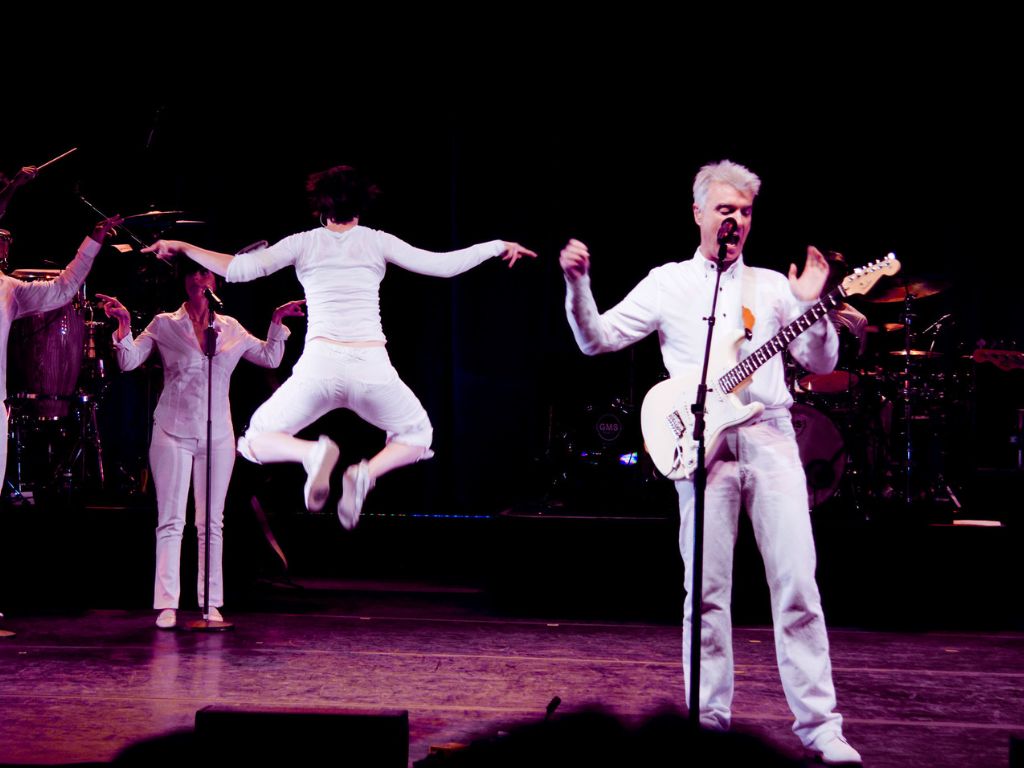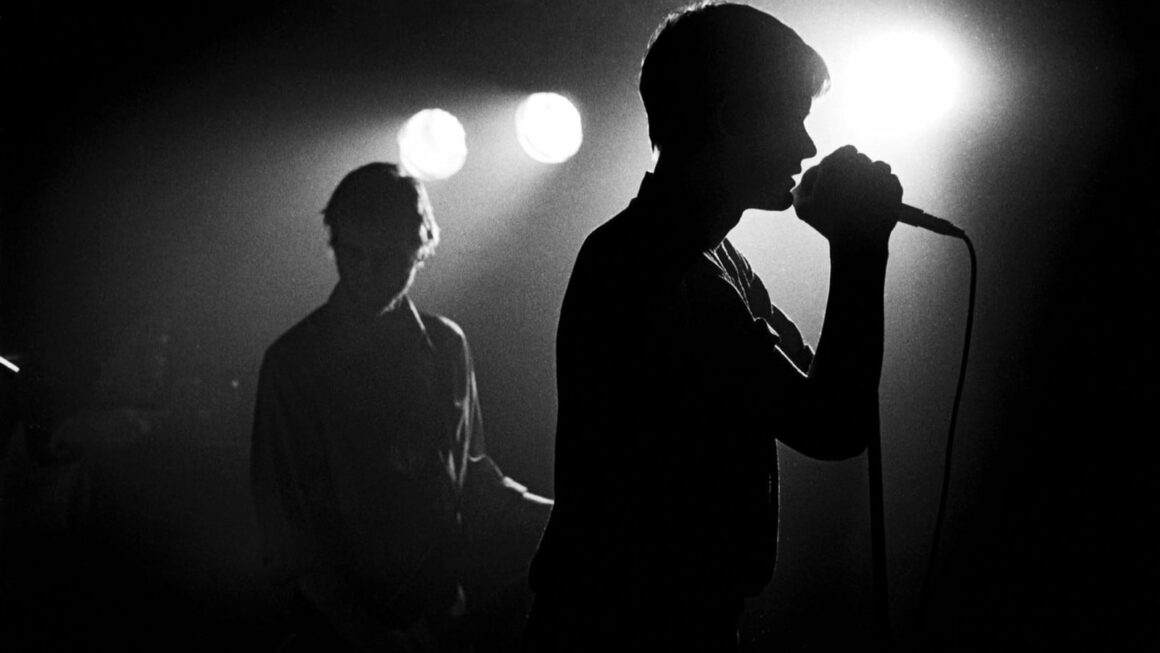
Behind The Success Of Talking Heads’ “Once In A Lifetime”
How David Byrne turned a natural social awkwardness into something that connected with people.
Talkings Heads are probably best known for their hits “Once in a Lifetime” and “Psycho Killer”. Not only are they instantly memorable tracks, they both embody the eccentric genius of frontman David Byrne. Yet “Once in a Lifetime” somehow also managed to work on multiple levels – no small feat to do while keeping things listenable at the same time.
At its heart, “Once in a Lifetime” uses a classic storytelling technique. This appears not just in music but also in poetry and mythology and involves writing without being literal. As a result, people can hear the same song and get different meanings. The track is relatable not in spite of this, but because of it and it leaves plenty of room for listeners to project their feelings. Part of its appeal lies in its sense of social confusion. The lyrics follow a stream of consciousness which leaves much unexplained. Yet, the song means more when you know the cultural backdrop Byrne was responding to.
The eighties were a time of immense change after the innocence of the sixties and the rebellion of the seventies. Media changed into a host of subcultures and both goth and new wave were reactions to a changing society. Unprecedented levels of wealth meant the American dream became more accessible than ever before. Still, many people found they got swept along, without the opportunity to live. One aspect why “Once in a Lifetime” might has succeeded so well, is because it points out this dark side of the story.
However, it also explores the shades of grey. Music itself was at a turning point, and pop culture struggled to sum up the public mood. The sheer speed of these changes lead people to making the wrong choices at high speed. There was nothing written previously that really summed up these feelings. In “Once in a Lifetime”, Byrne uses a deliberately circular, nonlinear structure. As a result, it succeeds in expressing what it does by not trying.
The single grabbed the attention of listeners as a snapshot of when the penny drops. Despite the fact that the track is upbeat, the spoken word however adds something more sinister. With its ups and downs, “Once in a Lifetime” is like tapping into someone’s turbulent inner world.
It’s unclear how much of the stream of consciousness lyrics Byrne intends to be from the narrator’s point of view. They could easily serve as a dire warning to others. It’s also hard to tell whether the views expressed are Byrne’s own or whether he is playing a persona. Either way, he is a master at using the confusing and the surreal to express a variety of different feelings.
It’s said that David Byrne had always been on the shy side and felt more comfortable using music as a social crutch to talk to people. Even in the early days of Talking Heads, Byrne used eccentric stage set ups and a crafted personality. In his book, How Music Works he describes how he turned a natural social awkwardness into something that connected with people. This shyness meant that back in the day Byrne must have felt more like an observer of human life as opposed to an active participant. And really, the wry social commentary found in “Once in a Lifetime” is the kind of thing only Byrne could come up with.
Another interesting aspect to point out is Byrne’s habit of wearing clean cut suits which is also evident in the track’s video. With the context of his relationship to society, the irony shines through. This parody and satire also shows in the source of some of the lyrics. “So I would improvise lines as if I was giving a sermon in that kind of metre. In that kind of hyperventilating style.”, he told NPR in an interview. This idea of religious fervour surrounding the dream of a conventional life only gives a chilling echo to it.
All in all, “Once in a Lifetime” has probably lasted because of its ability to provide different meanings in different contexts. Byrne decides to use non-conventional lyric structures to express the inexpressible. A spoken word poem set to music, it covers the sheer helplessness of the singer in the face of life’s expectations.









